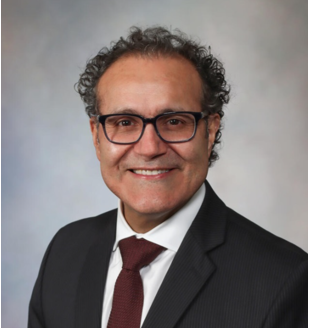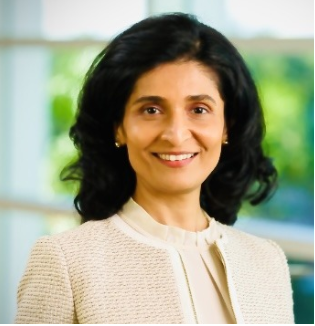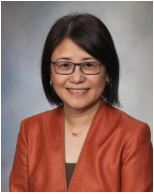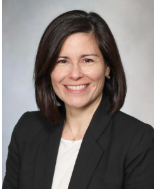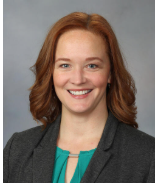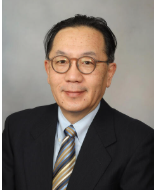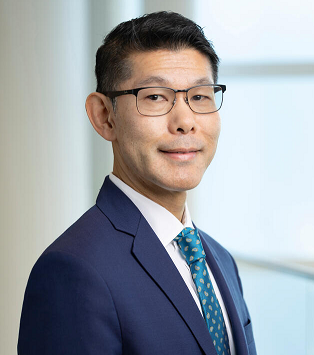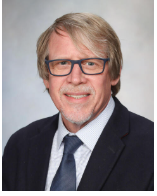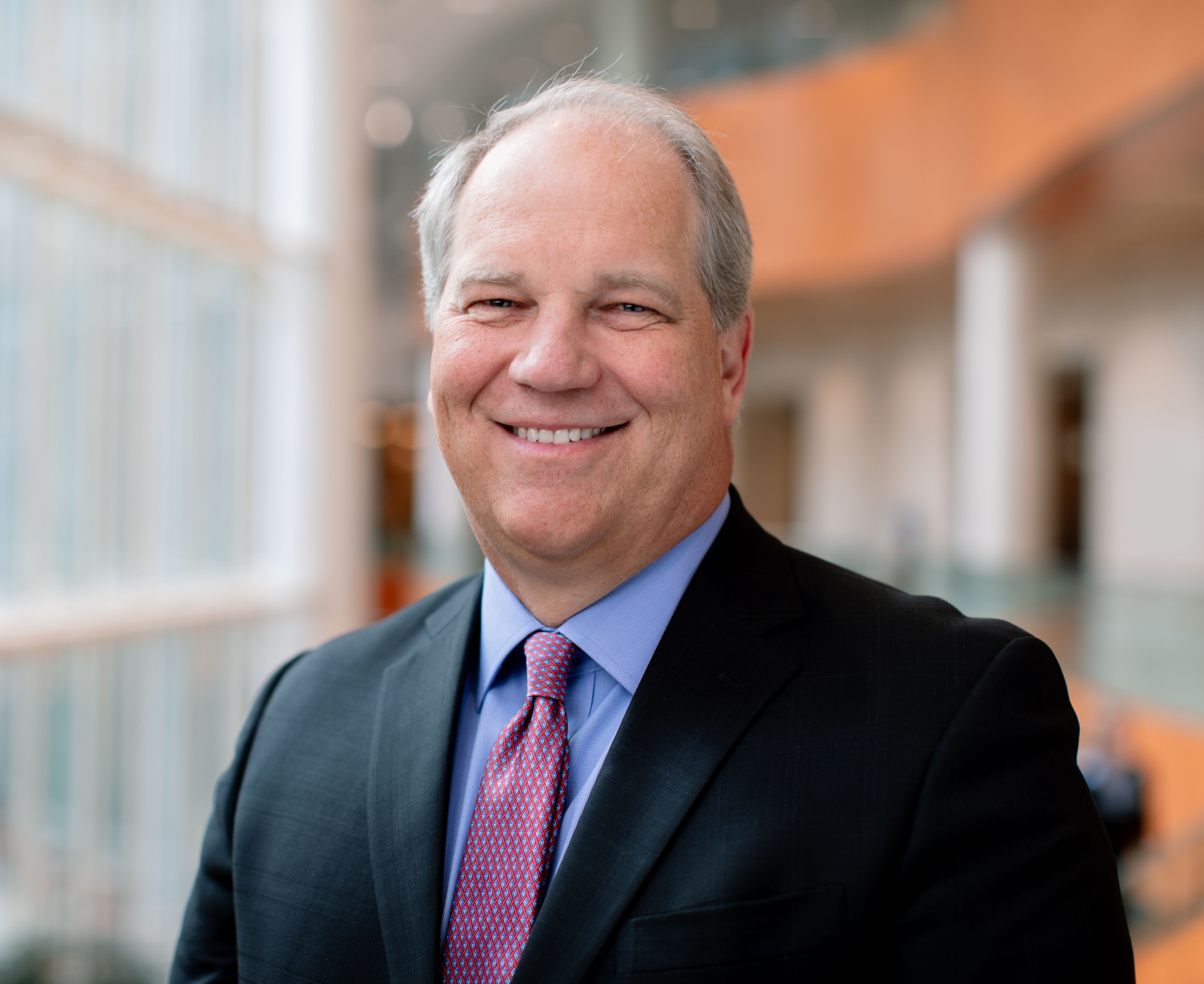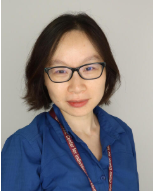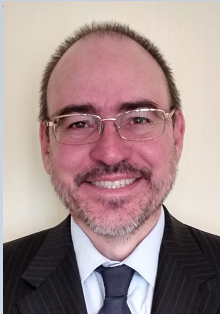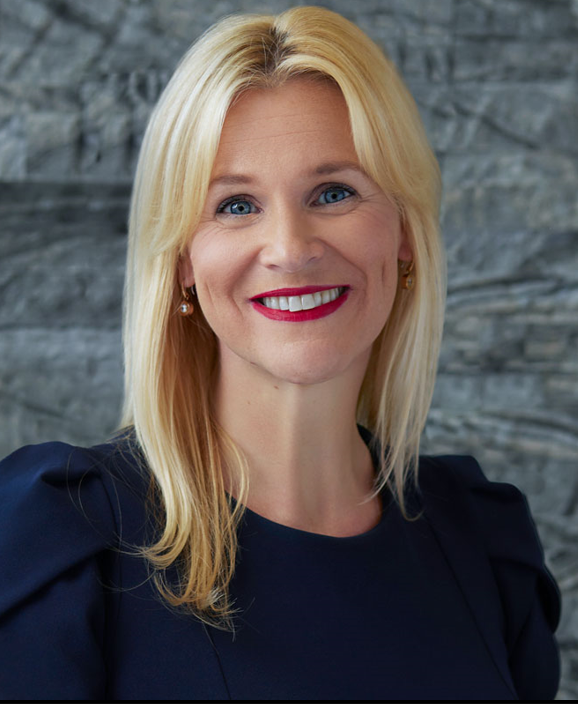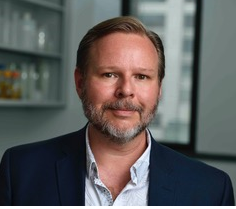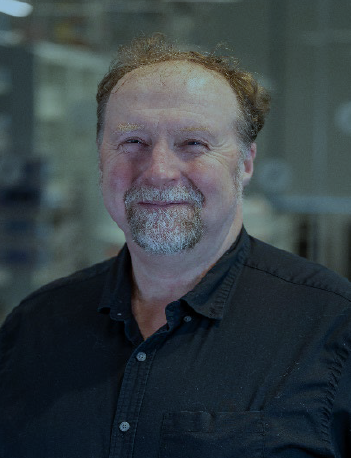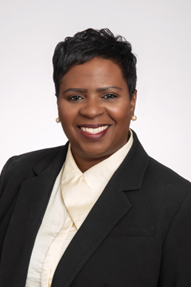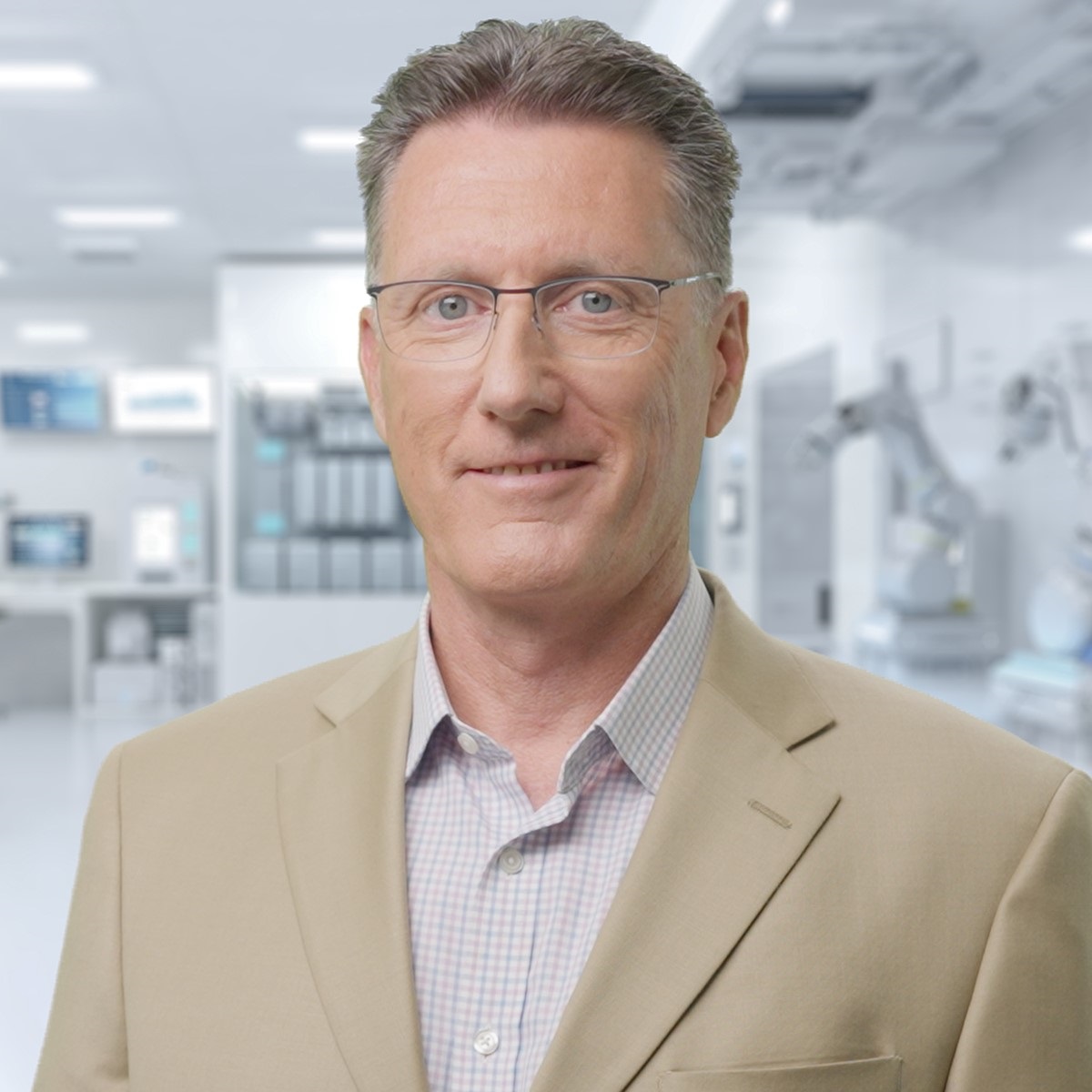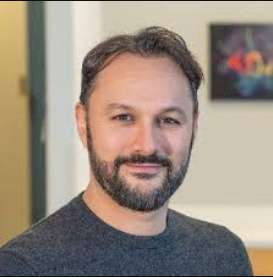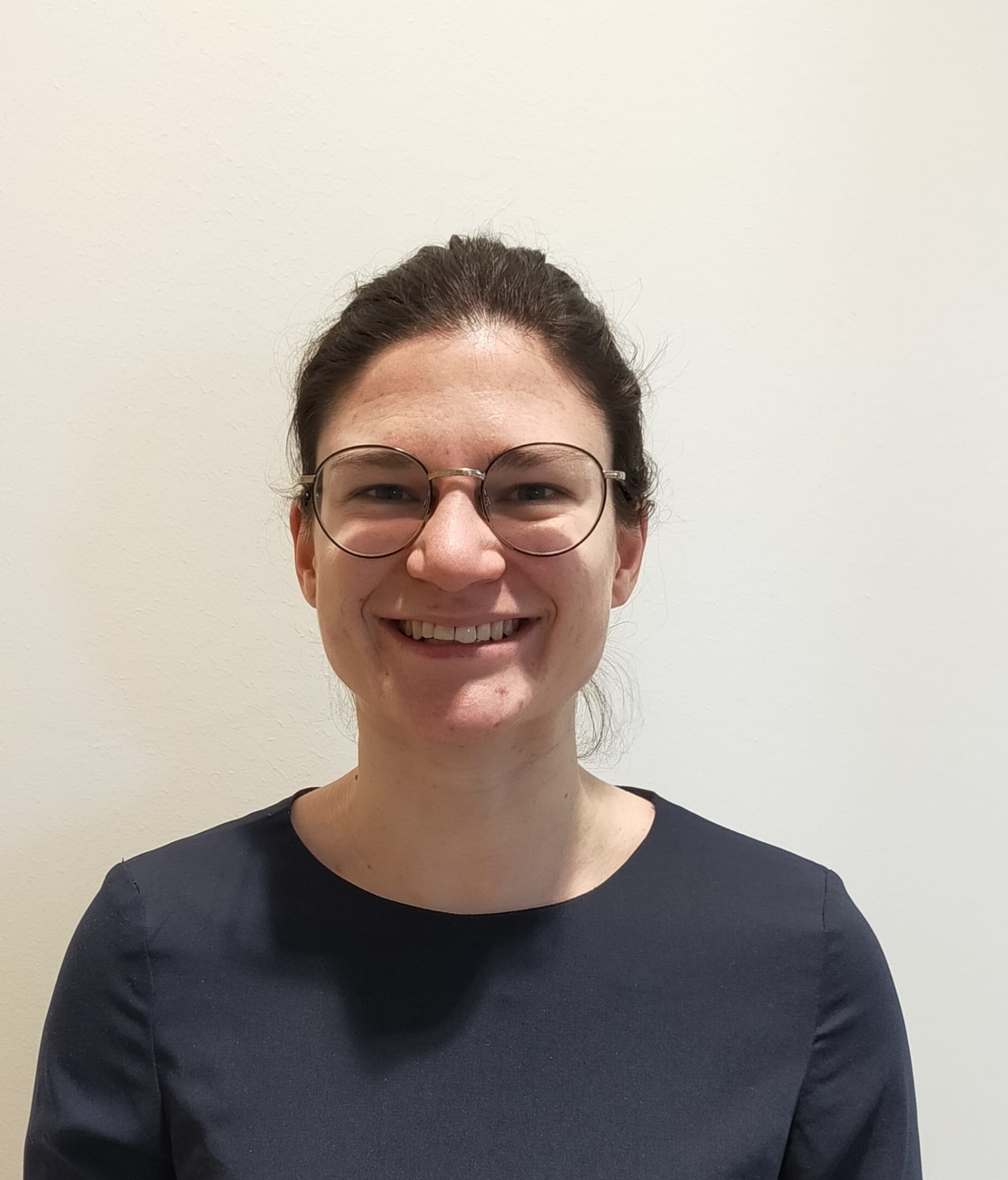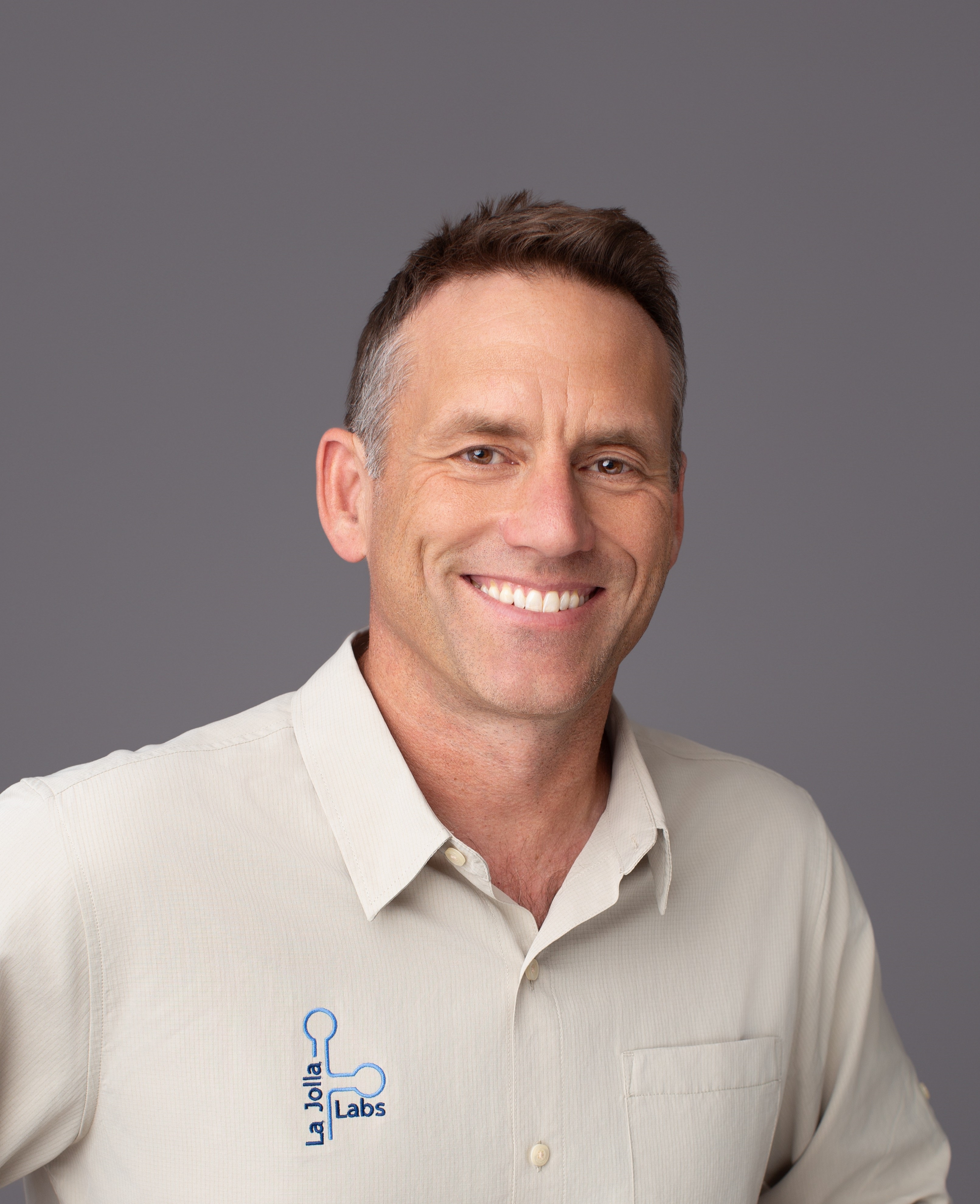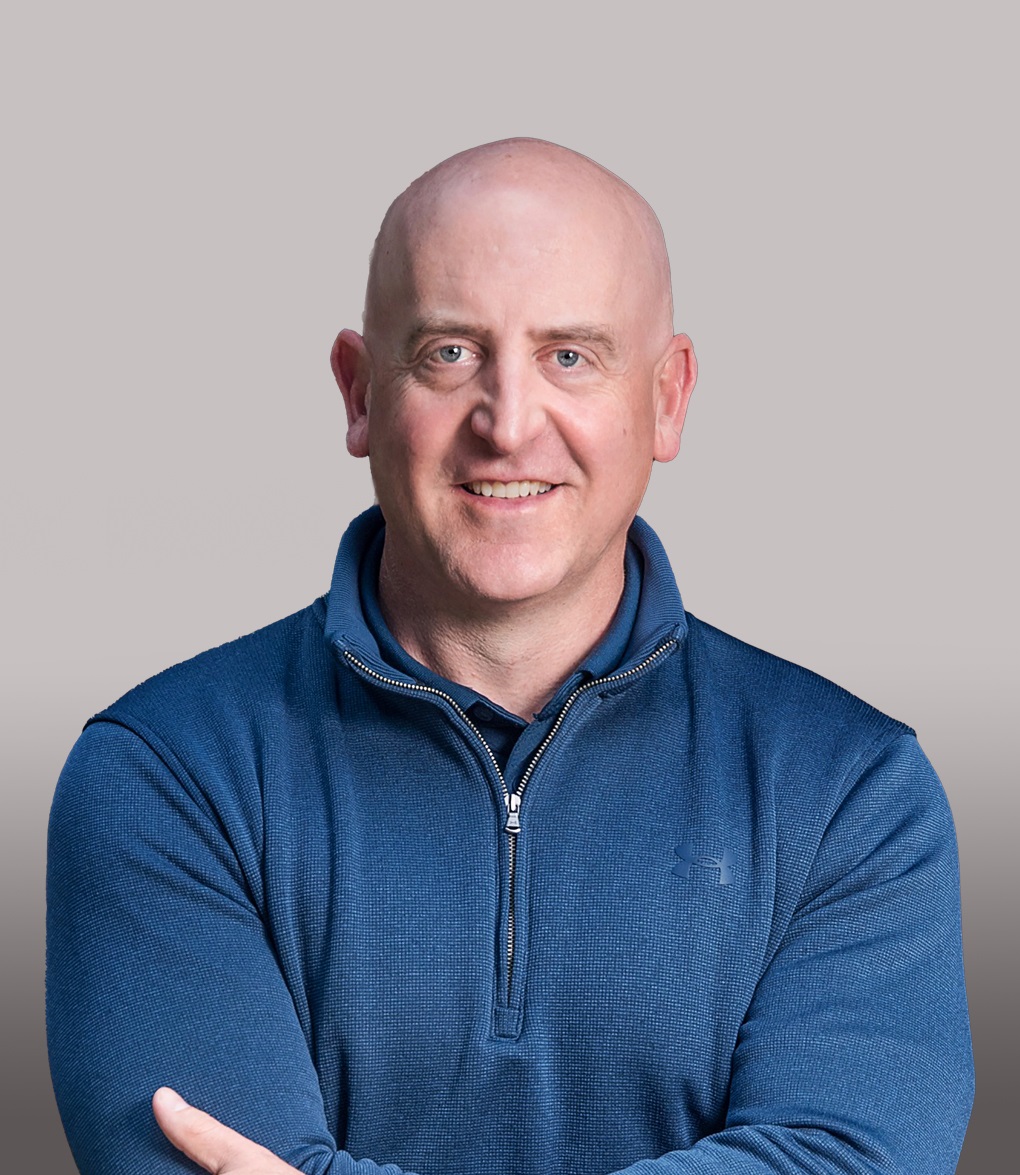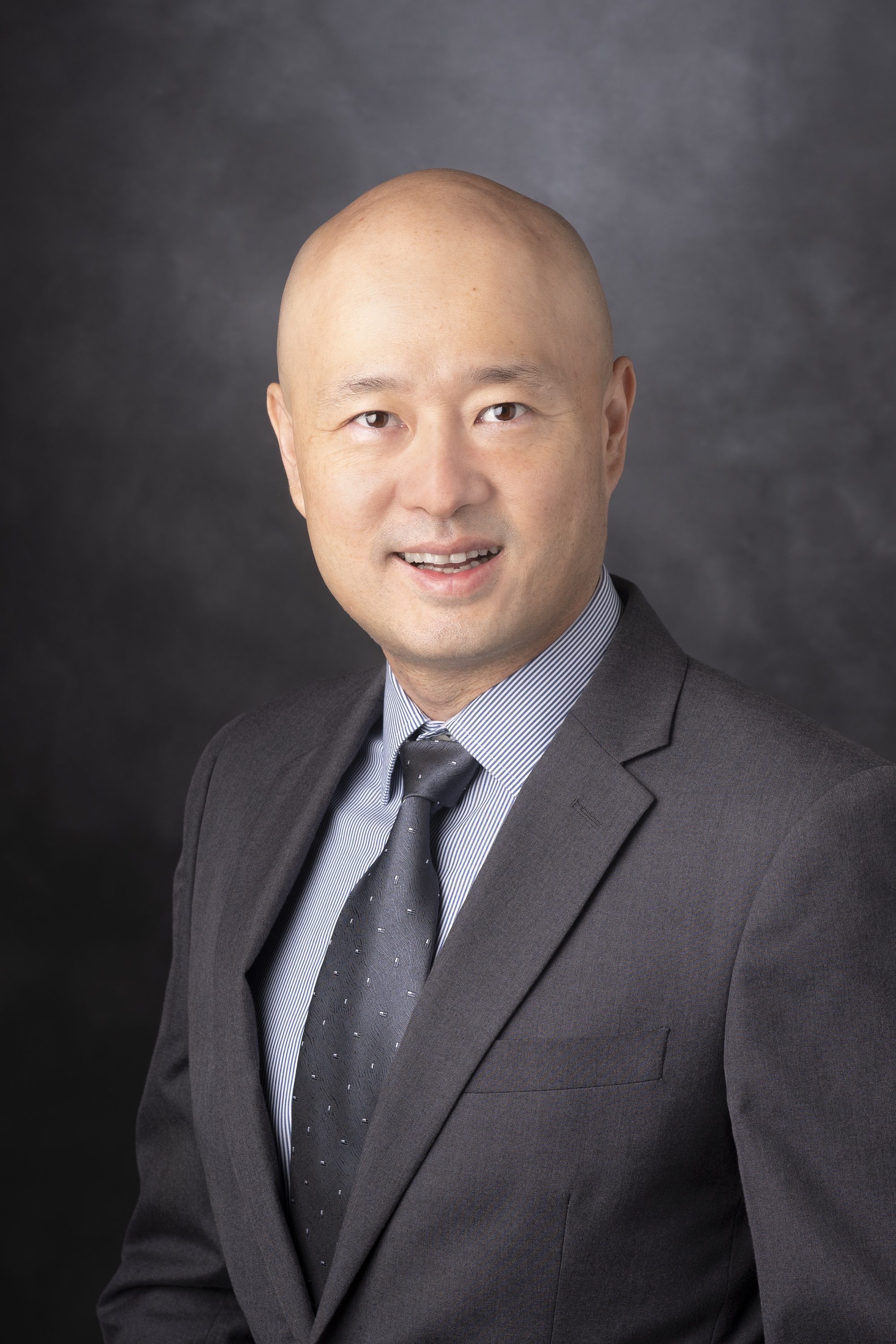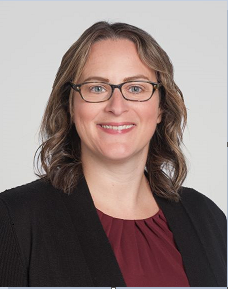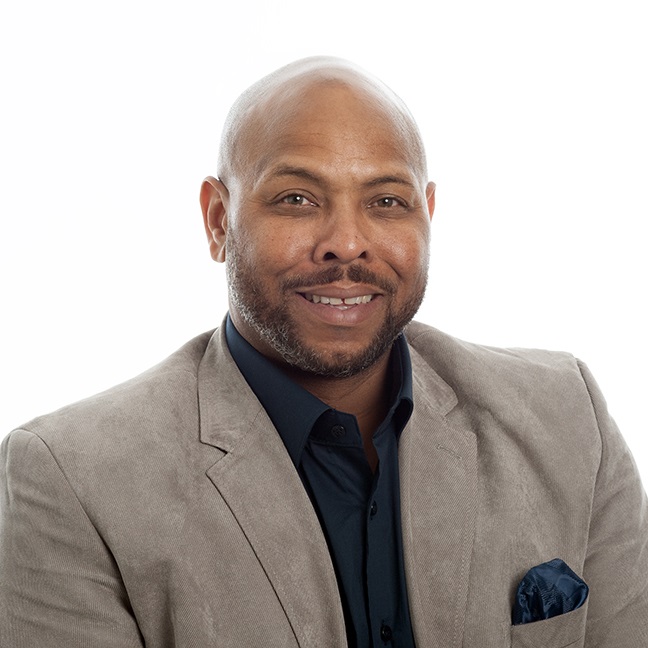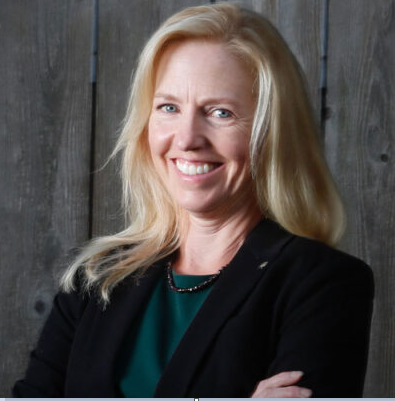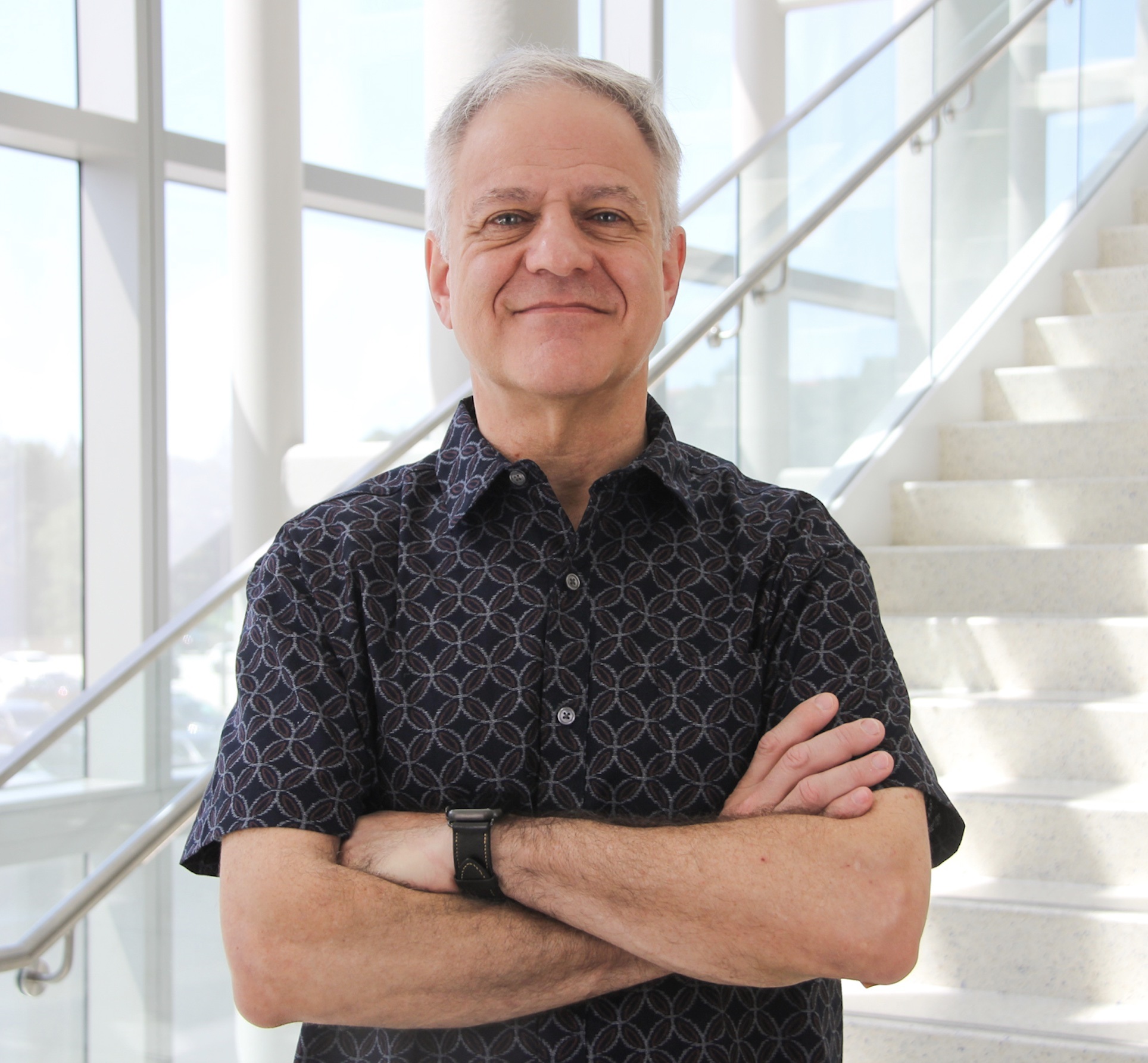Mayo Clinic RNA Discoveries and Therapeutics Conference 2025
This course offers Live (in-person) and Livestream (virtual) attendance options
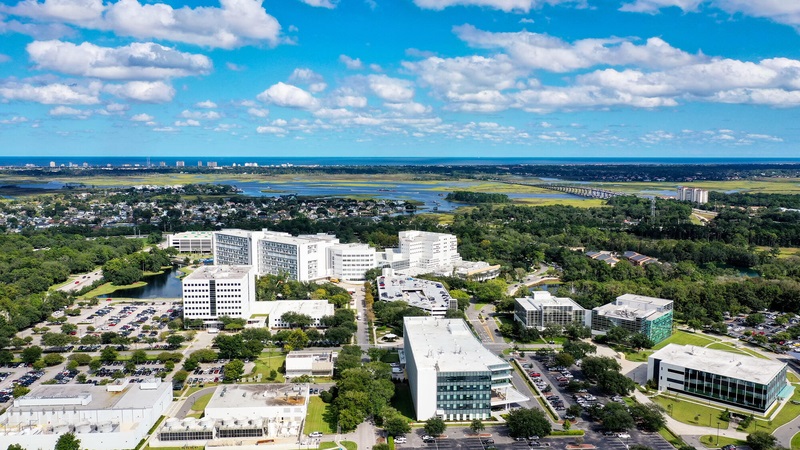
Course Directors: Alfredo Quinones-Hinojosa, M.D., Nilufer Ertekin-Taner, M.D., Ph.D., and Himakshi Jhala, M.P.H., M.B.A., FACHE
May 30 - 31 - 2025 - Mayo Clinic Florida - Jacksonville, Florida
The Mayo Clinic RNA Discoveries and Therapeutics Conference 2025 will convene experts in the areas of RNA biology and RNA therapeutics development and application across various disease areas, including but not limited to neurological diseases, cancer, and rare diseases. This conference aims to identify gaps and opportunities in this field, leveraging RNA therapeutics from discovery to translation to clinical trials.
| Registration Fee | Early Bird Rate (Expires 5/10/2025) | Full Fee |
|---|---|---|
| MD, DO, PhD and Scientists | $525 | $675 |
| Allied Health, Trainees, Residents/Fellows | $350 | $500 |
Call for Abstracts
Abstract submissions are open for the Mayo Clinic RNA Discoveries and Therapeutics Conference. Abstracts will be evaluated for poster display at the course. Abstract topics may include but are not limited to RNA biology; applications of RNA therapeutics in neurologic, metabolic, rare diseases, or other conditions; computational design; and innovations in RNA therapeutic deliveries. Abstracts should be 300 words or less and may include one figure or table.
Abstract Eligibility: Original abstracts that either have or have not been presented at other meetings will be considered. Previously published abstracts should be sufficiently modified.
Submission Criteria
- Register for the conference, create a profile if you have not done so already, then log into your account
- Complete and submit abstract form no later than April 25, 2025
- Abstracts are limited to 300 words
- Complete the form below
Notification of Results: All primary authors will be notified no later than May 9, 2025, if their submission has been selected for presentation. Details regarding presentation will follow.
Presentation of Abstracts: Abstracts chosen for presentation will be uploaded to the conference website and presented during the Mayo Clinic RNA Discoveries and Therapeutics Conference 2025 on May 30-31, 2025.
Click here to Submit Abstract. E-mail collins.kalene@mayo.edu with any questions.
Target Audience
This course is relevant for physicians and other healthcare providers specializing in oncology, neurology, rare diseases, and metabolic specialties. The content also benefits individuals involved in cancer research, neurological studies, the development of RNA-based therapeutics, and clinical trial coordinators.
Learning Objectives
Upon completion of this activity, participants should be able to:
- Review the current state of RNA therapeutics to include their discovery and translation into practice
- Assess existing approaches to the discovery of RNA targets
- Identify gaps in the development of RNA therapies for common complex and rare diseases
- Assess existing approaches to the development of novel therapies to include treatment and delivery modalities
- Identify future opportunities for development of RNA therapies in common complex and rare diseases
Attendance at any Mayo Clinic course does not indicate or guarantee competence or proficiency in the skills, knowledge or performance of any care or procedure(s) which may be discussed or taught in this course.
Schedule reflects Eastern Time Zone. Program subject to change.
FRIDAY MAY 30, 2025 | |
7:30AM | Registration & Breakfast |
8:00AM | Welcome Kent R. Thielen, M.D. |
8:05AM | Mayo Clinic Research Alfredo Quinones-Hinojosa, M.D |
8:10AM | Mayo Clinic RNA Program Nilüfer Ertekin-Taner, M.D., Ph.D. |
8:30AM | Discovery of RNA-Targeting Compounds and Implications for Human Diseases Blanton Tolbert, Ph.D. (University of Pennsylvania, HHMI) |
9:30AM | Break/Exhibit Hall |
9:45AM
| Harnessing RNA Biology Towards Therapies Haidong Dong, M.D., Ph.D. (Mayo Clinic) Jane Zhu, M.D., Ph.D. (Mayo Clinic) Jeff Coller, Ph.D. (Johns Hopkins University) Xiling Shen, Ph.D. (MD Anderson Cancer Center) |
10:45AM | Short talks selected from submitted abstracts |
11:45AM | Lunch/Exhibit Hall |
12:45PM | Advances in Translation of RNA Therapies to the Clinic Keith Gagnon, Ph.D. (Wake Forest University School of Medicine) Julie Allickson, Ph.D. (Mayo Clinic) Keith Knutson, Ph.D. (Mayo Clinic) Robert DeLong, Ph.D. (Landmark Bio) |
1:45PM | RNA Therapeutics from Bench to Bedside: Moderna Experience Patrick Finn, Ph.D. (Moderna) |
2:30PM | RNA Therapeutics: From Design to ASO Candidates Jeff Milton (La Jolla Labs) |
3:00PM | Break/Exhibit Hall |
3:30PM | Accelerating RNA Therapies Towards the Clinic - Lessons Learned from Industry Jay Parrish, Ph.D. (Pretzel Therapeutics) Susan Catalano, Ph.D. (Circle Biopharma) Claes Wahlestedt, M.D., Ph.D. (University of Miami) Andrew J. Geall, Ph.D. (Alliance for mRNA Medicines) Kate Broderick, Ph.D. (Maravai LifeSciences) Roberta Duncan (Arcturus Therapeutics) |
4:45PM | Adjourn |
5:00PM - 6:30PM | Reception & Poster Exhibition |
SATURDAY MAY 31, 2025 | |
7:30AM | Breakfast |
7:55AM | Welcome Nilüfer Ertekin-Taner, M.D., Ph.D. & Alfredo Quinones-Hinojosa, M.D. |
8:00AM | Clinical Translation of Therapeutic RNA Nano-vaccines for Cancer Natalie Silver, M.D. (Cleveland Clinic) |
9:00AM | Break/Exhibit Hall |
9:15AM | Applications of RNA Therapeutics and Diagnostics in Common and Rare Diseases Marlen Lauffer, M.D. (Dutch Center for RNA Therapeutics) Margot Cousin, Ph.D. (Mayo Clinic) Minerva Carrasquillo, Ph.D. (Mayo Clinic) Tsuneya Ikezu, M.D., Ph.D. (Mayo Clinic) |
10:15AM | Short talks selected from submitted abstracts |
10:45AM | Industrializing the Non-Profit ASO Treatment of Nano-Rare Patients Amy Williford, Ph.D. (n-Lorem Foundation) |
11:45AM | Lunch/Exhibit Hall |
12:45PM | Argonauts and RNA Therapies Phillip Zamore, Ph.D. (UMass Chan School of Medicine) |
1:45PM | Disruption of RNA Metabolism in Neurodegeneration and Pathway to Treatments Don W. Cleveland, Ph.D. (University of California San Diego) |
2:45PM | Break/Exhibit Hall |
3:00PM | Designing RNA Therapies-Advances and Considerations in Data Analytics Alper Kucukural, Ph.D. (UMass Chan Medical School) Xue Wang, Ph.D. (Mayo Clinic) Yan Asmann, Ph.D. (Mayo Clinic) Richard Braatz, Ph.D. (MIT) |
4:00PM | Closing Remarks/Adjourn |
Please click here to access a campus map and additional information about the Mayo Clinic Florida campus.
Lodging
Holiday Inn Express & Suites Jacksonville SE - Med Center Area
Rooms have been reserved for attendees and their guests at the Holiday Inn Express & Suites Jacksonville SE - Med Center Area for discounted rates starting at $139/night. In order to receive the special rates, reservations must be made before May 14, 2025, or before the room block fills.
Room reservations after are based on space and rate availability. Additional taxes will apply.
Click here to make reservation online.
Distance to Mayo Clinic: 3.2 miles
Distance to Jacksonville International Airport: 26 Miles
-------------------------------
Residence Inn Jacksonville/Mayo Clinic Area
Rooms have been reserved for attendees and their guests at the Residence Inn Jacksonville/Mayo Clinic Area for discounted rates starting at $188/night. In order to receive the special rates, reservations must be made before May 14, 2025, or before the room block fills.
Room reservations after are based on space and rate availability. Additional taxes will apply.
Click here to make reservation online.
Distance to Mayo Clinic: 0.8 miles
Distance to Jacksonville International Airport: 27 Miles
This hotel offers a daily shuttle to Mayo Clinic from 7am-5pm
Additional Options
Please see below for additional hotel options that are near the Mayo Clinic Florida campus. Please note that this course does not have a designated room block at these locations.
The Ponte Vedra Inn & Club
Distance to Mayo Clinic: 5.3 miles
Distance to Jacksonville International Airport: 32 miles
Sawgrass Marriott Resort
Distance to Mayo Clinic: 7.6 miles
Distance to Jacksonville International Airport: 33.8 miles
One Ocean Resort
Distance to Mayo Clinic: 7.2 miles
Distance to Jacksonville International Airport: 25.2 miles
Travel
All travel and lodging expenses are the sole responsibility of the individual registrant. Mayo Clinic School of Continuous Professional Development is not responsible for expenses incurred by an individual who is not confirmed and for whom space is not available at the meeting. Costs incurred by the registration such as airline or hotel fees or penalties are the responsibility of the registrant.
| Course Directors | |
|---|---|
Nilufer Ertekin-Taner, M.D., Ph.D., is a neurogeneticist and behavioral neurologist at Mayo Clinic Hospital in Jacksonville, Florida. Her laboratory aims to discover and characterize genetic factors underlying the complex genetics of Alzheimer's disease (AD) and related neurodegenerative conditions. | |
Alfredo Quinones-Hinojosa, M.D., is a consultant and serves as chair of the Department of Neurologic Surgery at Mayo Clinic's campus in Florida, and he is recognized with the distinction of a named professorship, the William J. and Charles H. Mayo Professorship. | |
Himakshi Jhala, M.P.H., M.B.A., FACHE, is an Administrator at Mayo Clinic and works on driving innovative strategic initiatives focusing on discovery research, impactful translation, and synergistic growth areas that meet the unmet needs of the patients across the Mayo Clinic enterprise. She is board certified in healthcare management and is recognized as a Fellow of the American College of Healthcare Executives. |
| Mayo Clinic Faculty |
|---|
| Julie Allickson, Ph.D., is the Chief Technology Officer at Mayo Clinic’s Center for Regenerative Biotherapeutics and also directs Biomanufacturing and Process Development. She's a consultant for Laboratory Medicine and Pathology and an associate professor of regenerative medicine. Dr. Allickson focuses on product development for the center in line with Mayo Clinic's 2030 vision. With decades of experience, she specializes in Cell and Gene Therapies, Tissue Engineering, and 3D Bioprinting, aiming to position Mayo Clinic as a leader in regenerative medicine. She leads biomanufacturing strategy, new therapy introductions, and external relationships. With over 25 years in cellular therapy and regenerative medicine, Dr. Allickson has expertise in business management, strategic planning, and project management. She has worked in both industry and academia and was an executive officer at a cell banking company. |
Yan Asmann, Ph.D. has a broad background and expertise in biochemistry, molecular biology, computational biology, and data science. As a postdoctoral fellow at the Mayo Clinic, I developed a binary indexing sequence alignment algorithm for electronically profiling gene expressions in the EST database. In my role as a computational biology faculty member at Mayo, I have developed and published multiple tools and algorithms for the analysis of omics data, including: (1) a method for analyzing 3' tag digital gene sequencing data; (2) an algorithm for detecting fusion transcripts in RNA-Seq data; (3) an analytic pipeline for Exome-Seq data analysis; (4) an algorithm for identifying copy number variations in exome data; (5) a boosting model for prioritizing and calling variants in RNA-Seq data; (6) an integrated workflow and novel algorithms for cancer neoantigen discovery and prioritization in tumor sequencing data; (7) analytic methods to address disparities in omics data among individuals of different ancestries; (8) optimization of machine learning and artificial intelligence models, along with model interpretation for omics data; and (9) a deep neural network model to identify biomarkers for overall survival in cancer patients using transcriptome data. I have worked in cancer research and collaborated with both clinicians and basic scientists for over 15 years. I serve as the co-leader of the Mayo Clinic Neoantigen Vaccine Therapy Program and as the co-PI for multiple Investigational New Drug (IND) phase I and II trials involving immune checkpoint inhibitors and neoantigen combination therapies. Additionally, I am the MPI of an NCI U24 grant, co-leading the Cancer Adoptive Cell Therapy (Can-ACT) Network Coordinating Center. I am also a co-director of the Bioinformatics and Biostatistics Core of the Mayo Clinic Multiple Myeloma SPORE, and lead the Cancer Novel Biotherapeutics Data Science team at the Mayo Clinic Comprehensive Cancer Center. | |
| Minerva Carrasquillo, Ph.D., is an Assistant Professor in the Department of Neuroscience at Mayo Clinic Florida. She was born and raised in the beautiful Caribbean Island of Puerto Rico. She earned a PhD in Human Genetics from Case Western Reserve University and completed postdoctoral training at Johns Hopkins University and Mayo Clinic Florida. She now leads a research laboratory focused on the identification of genomic and environmental risk factors that may inform the development of effective therapies and accessible blood biomarkers for Alzheimer’s disease (AD), with special emphasis on underrepresented populations. She serves as Chair of the Department of Neuroscience Equity, Diversity and inclusion Committee, and as Co-Director for the Undergraduate Biomedical Research Internship (U-BRI) and Summer Undergraduate Research Fellowship (SURF) programs at Mayo Clinic Florida. Dr. Carrasquillo has authored/co-authored over 120 peer-reviewed publications on AD and related dementias. She is PI/co-Principal Investigator of 4 grants, including 2 large NIH/NIA grants that support the Mayo Advancing Research Equity in ADRD Study in Jacksonville (MAREAS-Jax) and the Centrally-linked longitudinal peripheral biomarkers of AD in multi-ethnic populations (CLEAR-AD) programs. |
Margot Cousin, Ph.D. is an Assistant Professor of Medical Genetics from the Mayo Clinic College of Medicine and Science in the Departments of Molecular Medicine and Neurology at Mayo Clinic. She is the Director of the N-of-1 Therapeutics Program in the Mayo Clinic Center for Individualized Medicine. Dr. Cousin’s current research focuses on the mechanisms of rare genetic disease, developing and translating novel therapies such as antisense oligonucleotides for rare genetic disorders, and helping rare disease populations achieve clinical trial readiness. |
Haidong Dong, M.D., Ph.D. is a professor of Immunology and research consultant of Urology. I am from the department of Urology and Immunology at Mayo Clinic Rochester, MN. USA. I am interested in cancer immunology and immunotherapy. | |
| Tsuneya Ikezu, M.D., Ph.D., is a Professor and Consultant in the Department of Neuroscience and Director of Molecular NeuroTherapeutics Laboratory at the Mayo Clinic in Florida. Researchers in Dr. Ikezu’s lab are particularly interested in how the innate immune-related cells, extracellular vehicles (EVs), and molecules in the central nervous system (CNS) influence the pathology and progression of select neurodegenerative disorders such as Alzheimer’s disease (AD) and frontotemporal dementia. He has authored more than 140 journal articles, edited the textbook Neuroimmune Pharmacology and Therapeutics (Springer Nature) and served on several international boards including Associate Editor of Journal of Extracellular Vesicles and co-chair of ISEV EV in Nervous System Special Interest Group. Over his career, Dr. Ikezu has received Vada Kinman Oldfield Alzheimer’s Research Award (2000), Inge Grundke Iqbal Award from Alzheimer’s Association (2016), Jack Spivack Excellence in Neuroscience Award (2018), and Investigator of the Year Award from Mayo Clinic Florida (2023). Dr. Ikezu received his M.D. and Ph.D. from University of Tokyo School of Medicine and was Professor of Pharmacology and Experimental Therapeutics at Boston University School of Medicine (2010-2020). Dr. Ikezu will talk about development of EV-based biomarkers in neurodegenerative disorders. |
Keith Knutson, Ph.D., is a consultant in the Department of Immunology, Mayo Clinic in Florida, with a joint appointment in the Department of Cancer Biology. Dr. Knutson serves as the Director of the Mayo Clinic in Florida Cell Analysis and Cell Imaging Core. He is also Co-director of the Mayo Clinic Enterprise Cancer Center’s Cancer Immunology and Immunotherapy Program and Vice Chair of the Mayo Clinic Enterprise Research Personnel Committee. Dr. Knutson joined the staff of Mayo Clinic in 2005 and holds the academic rank of Professor of Immunology, Mayo Clinic College of Medicine and Science. Dr. Knutson is recognized with the distinction of the Andrew A. and Mary S. Sugg Professor of Cancer Research. Dr. Knutson received his B.S. in Microbiology at the University of Washington. He earned his Ph.D. in Physiology and Pharmacology from the University of Georgia and completed two postdoctoral fellowships in immunology, one at the University of British Columbia and the other at the University of Washington. Dr. Knutson is internationally recognized in the field of cancer immunology with >185 publications. His research focuses on the immunology and immunotherapy of prevalent women’s cancer namely breast, ovarian, and lung cancers, both the basic immunobiology and clinical translation, including clinical trials. His contributions to science include clinical development and testing of tumor antigen-specific vaccines in patients with breast and ovarian cancers. He currently has 7 FDA-approved vaccine trials underway and is principal investigator of 3 Department of Defense (DOD) grants and 2 NIH grant to test vaccines for breast and ovarian cancer, including triple negative breast cancer for which there are no targeted therapies. Dr. Knutson is frequently invited to give presentations on his research both domestically and internationally, and he has authored numerous journal articles, abstracts and other written publications, consistently publishing in high-impact scientific journals. Additionally, he holds reviewer responsibilities for several prominent publications and federal agencies such as the NIH and DOD. In recognition of his work, Dr. Knutson has received many awards and honors, including the Young Investigator Award-Pharmingen, conferred by the American Association for Cancer Research, and the prestigious Howard Temin Award, conferred by the National Institutes of Health, National Cancer Institute. He is also recognized as the 2017 Investigator of the Year at the Mayo Clinic campus in Florida. Additionally, he was just recently re-elected as a Komen Scholar for the second time for the period of 2022-2024. In addition to his research activities, Dr. Knutson is active in education and has mentored postdoctoral fellows, research associates and medical students, among others. He holds full faculty privileges in Immunology in Mayo Clinic Graduate School of Biomedical Sciences. Dr. Knutson’s has several current and past memberships with professional organizations which include the Breast Cancer Research Program and the Ovarian Cancer Research Program of the United States Department of Defense, the Tumor Microenvironment Study Section of the U.S. National Institutes of Health Center for Scientific Review, and the Education and Training Committee for the Society for the Immunotherapy of Cancer. He is the principal investigator of the Artemis Project of the National Breast Cancer Coalition, where he is working to produce prevention vaccines for breast cancer. | |
| Kent Thielen, M.D., is CEO of Mayo Clinic in Florida and vice president, Mayo Clinic, roles in which he has served since January 1, 2019. Dr. Thielen previously served as chair of the Mayo Clinic Department of Radiology in the Midwest, a position he held from 2013 to 2018. In addition, he served as the chair of the Division of Neuroradiology in the Department of Radiology at Mayo Clinic in Rochester from 2004 to 2013. Dr. Thielen has a strong personal interest in innovative practice development, including the development of new technologies and delivery of imaged-guided spinal and neuroendovascular therapies, spearheading the development and implementation of multiple innovative image-guided procedures in the cerebrovascular and spinal image-guided interventional clinical practices. A Mayo Clinic physician for the past 35 years, Dr. Thielen also serves as a Professor of Radiology at the Mayo Clinic College of Medicine and Science, and he also serves on numerous boards for medical, higher education and community organizations across the country. |
Xue Wang, Ph.D., is a bioinformatician and an assistant professor in the Department of Quantitative Health Sciences at Mayo Clinic. She is originally from China and spent a few years in Atlanta, Georgia and San Diego, California before joining Mayo Clinic in Florida. Her passions include developing computational algorithms and applying existing bioinformatic tools for RNA and drug discovery. As a collaborative scientist, she is interested in working with bioinformaticians, biologists, and physicians to facilitate the translation from basic science to clinical potential. |
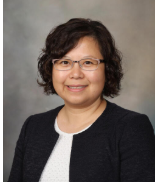 | Jane Zhu, M.D., Ph.D., is a cancer biologist with research focus on a type of childhood cancer, called neuroblastoma. I was originally from China and received MD Degree in Medicine and Pediatrics from Ji Lin University. Then I went to Singapore and did my PhD study in the University of Singapore. After completing my Postdoctoral training in Dr. Tom Look’s lab at Dana-Farber Cancer Institute, I joined Mayo Clinic in 2013. My laboratory focuses on understanding neuroblastoma pathogenesis using zebrafish model with a goal to provide new insights into molecular and cell bases of neuroblastoma development, identify novel circulating prognostic markers, and develop innovative therapeutic approaches, including personalized targeted therapies and macrophage-mediated immunotherapy, to tackle this devastating childhood cancer. |
| Guest Faculty | |
|---|---|
Richard Braatz, Ph.D., is the Edwin R. Gilliland Professor of Chemical Engineering at MIT and the Director of the Center for Continuous mRNA Manufacturing where he conducts research in advanced biotherapeutics manufacturing systems. Dr. Braatz received an M.S. and Ph.D. from the California Institute of Technology and was the Millennium Chair and Professor at the University of Illinois at Urbana-Champaign and a Visiting Scholar at Harvard University before moving to MIT. Dr. Braatz has collaborated with more than 20 companies, has coauthored over 350 journal papers and three books, and has coedited two books on Digital Twins for Manufacturing. Dr. Braatz is a Fellow of IEEE, IFAC, AIChE, and AAAS and a member of the U.S. National Academy of Engineering. | |
Kate Broderick, Ph.D., has more than 20 years of experience in the life science industry. A recognized vaccine expert, Dr. Broderick has a broad background product development in the nucleic acid therapeutic and drug delivery field. Dr. Broderick joined Maravai in 2022 as the Chief Innovation Officer and oversees the research and development of the company. Prior to joining Maravai, Dr. Broderick was the Senior Vice President, R&D. at Inovio Pharmaceuticals, running their R&D programs for a variety of DNA-based targets. Dr. Broderick has served as a principal investigator for a variety of grants and awards from government agencies and non-profits, including the National Institutes of Health, Gates Foundation and CEPI. She received her PhD from the University of Glasgow in Scotland and completed her post-doctoral research at the University of California, San Diego. | |
Susan Catalano, Ph.D., is a biopharmaceutical executive and board director with 25 years of experience discovering, developing, operationalizing, and funding novel small molecule and gene therapy modalities. She has scaled companies from concept to IPO, raised $200M+ in private investor, venture capital, foundation, and NIH funding over her career, and served as the lead scientist on pioneering clinical therapeutics to treat neurological disorders and cancer. Her career spans business strategy and drug development roles across startup (Cognition Therapeutics, which IPO’d in 2021, Acumen Pharmaceuticals and CODA Biotherapeutics), mid-sized (Rigel Pharmaceuticals and Capsida Biotherapeutics) and large (Roche) pharmaceutical companies. She is a trusted advisor to seed-round, VC-backed, and early clinical-stage companies. Susan has been recognized for entrepreneurship by a Big Four professional services firm, a world-renowned STEM education center, and a top regional venture capital financing entity. Additionally, she serves on five NIH advisory and editorial boards. Additionally, she serves on five NIH advisory and editorial boards. Susan holds a Ph.D. in Anatomy and Neurobiology from the University of California, Irvine, and a B.A. in Biology and English Literature from Barnard College, Columbia University. She completed postdoctoral work in molecular and cell biology at the California Institute of Technology and the University of California, Berkeley. | |
Don W. Cleveland, Ph.D., has been elected to the U.S. National Academy of Sciences and National Academy of Medicine. In neurosciences, he purified and characterized the first microtubule associated protein – tau – which misassembles in affected neurons in Alzheimer’s disease and chronic brain injury. He uncovered mechanisms underlying the major genetic forms of Amyotrophic Lateral Sclerosis (ALS) and developed “designer DNA drugs” for silencing disease-causing genes responsible for the major diseases of the nervous system, with clinical trials now ongoing in ALS, Huntington’s, Parkinson’s, and Alzheimer’s diseases. He received the 2018 Breakthrough Prize in Life Sciences, the 2018 Nomis Foundation Distinguished Scientist Award, the 2019 Sean M. Healey International Prize for Innovation in ALS, India’s 2019 Genome Valley Excellence Award, the 2022 E.B. Wilson Award, the 2023 Rainwater Prize, and the 2025 Hope Funds for Cancer Research Basic Science Award. |
| Jeff Coller, Ph.D., holds the esteemed position of Bloomberg Distinguished Professor of RNA Biology and Therapeutics at Johns Hopkins University. With over three decades dedicated to RNA and mRNA biology, his research has been pioneering, focusing notably on messenger RNA stability and translation. Dr. Coller earned his Ph.D. in Cellular and Molecular Biology from the University of Wisconsin and conducted postdoctoral research at the Howard Hughes Medical Institute at the University of Arizona. Before joining Johns Hopkins, Dr. Coller directed the RNA Center at Case Western Reserve University, where he also held the Henry Willson Payne Distinguished Professorship. His research delves into the core of life itself—the translation of the genetic code. His groundbreaking discoveries have reshaped understanding of gene expression, revealing that the genetic code profoundly influences mRNA fate. Notably, his lab's findings played a role in the development of COVID-19 vaccines, including development of SPIKEVAX, where his graduate student contributed significantly to its design based on his thesis work. Beyond academia, Dr. Coller is a Co-founder of Tevard Biosciences, recognized in 2018 with Pfizer’s Golden Ticket award for its promising neuroscience innovations. Moreover he is a founding member of the Alliance for mRNA Medicines and serves on their Board of Directors. Lastly he sits on multiple Scientific Advisory Boards, including the Society for RNA Therapeutics and the SYNGAP Research Fund. His contributions extend to over 6000 citations in scientific literature and multiple patents in the realm of RNA-based therapeutic applications. |
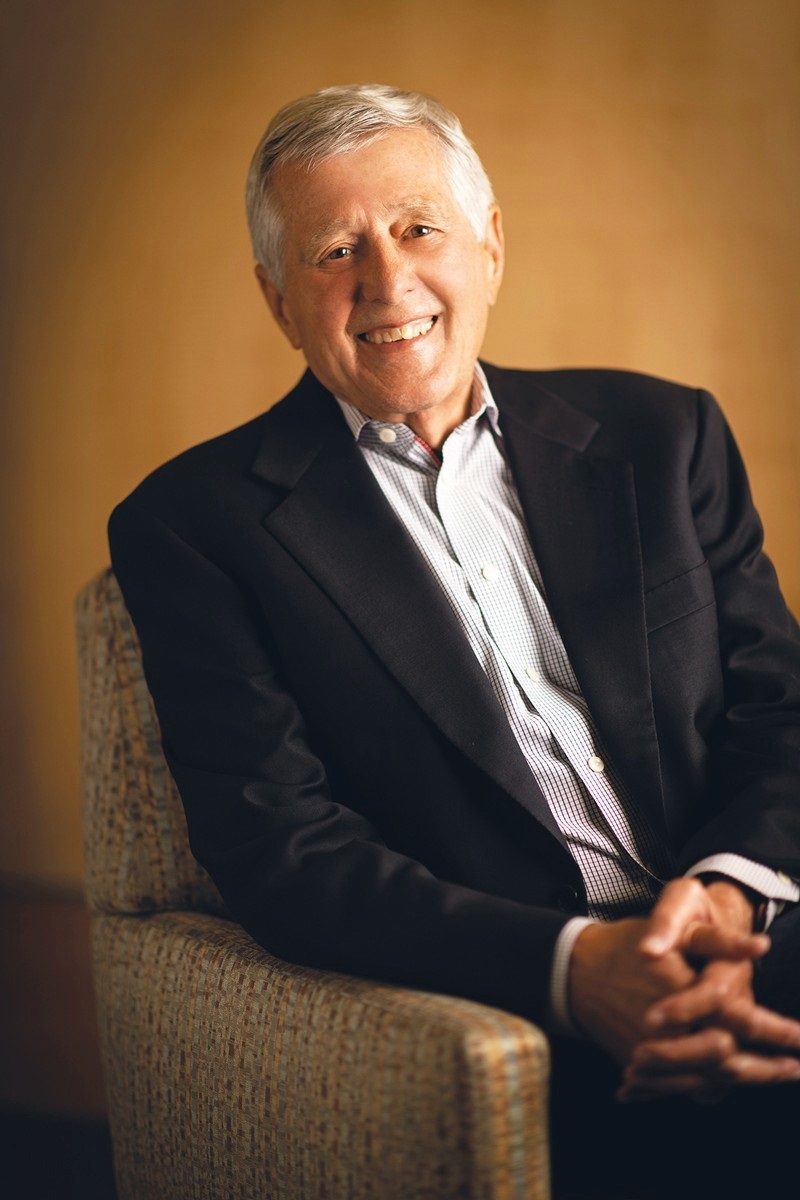 | Stanley Crooke, M.D., Ph.D., is founder, chairman and CEO of n-Lorem Foundation, a nonprofit focused on discovery, developing and providing personalized, experimental treatments for nano-rare patients (1 to 30 patients worldwide). Prior, Dr. Crooke founded, was Chairman, CEO and Lead Scientist of Ionis Pharmaceuticals, where he led the scientific development of a new platform for drug discovery, antisense oligonucleotide (ASO) technology and the creation of one of the largest development pipelines in the biotechnology industry. Dr. Crooke has received a number of awards, most recently, the Indiana University School of Medicine Steven C. Beering Award, the Prix Galien Roy Vagelos Pro Bono Humanum Award, the American Chemical Society’s E.B. Hershberg Award for Important Discoveries in Medicinally Active Substances, the Lifetime Achievement Award presented by the Oligonucleotide Therapeutics Society, the Scrip Lifetime Achievement Award and the 2019 Massry Prize. He received his M.D. and Ph.D. degrees and house staff training at Baylor College of Medicine, where he currently serves on the Board of Advisors. He has published >600 scientific publications, edited more than 20 books, has numerous patents, and led the development of more than 23 commercialized drugs. |
Robert DeLong, serves Landmark Bio (LMB) as senior scientific director. His group supports RNA, nanoparticle, formulation, material characterization, technology evaluation, platform and pre-clinical development projects with industry and academic partners. He received his PhD from Johns Hopkins with a concentration in medical applications of nucleic acids. He has 25+ years experience since, leading groups at Genemedicine (merged with Valentis), PowderJect Vaccines (acquired by GSK), then helping to launch a start-up (later acquired by Avi Biopharm, now Sarepta). Transitioning back to academia with support from an HHMI research fellowship, he was tenured in biomedical sciences in 2013, establishing his lab at the Nanotechnology Innovation Center Kansas State, his group studying RNA nanoparticles in cell culture and animal models working with clinical, toxicological, AI/ML/computational collaborators. Rob has mentored 71 scientists and engineers co-publishing over 100 patents, peer reviewed manuscripts, review articles, conference presentations, book chapters and a textbook with them and collaborators. In his spare time he enjoys traveling, hiking, mountain biking with his wife of 31 years, Dr. Elizabeth Belle Federman, their two children, Clare Elizabeth DeLong and Samuel Grier DeLong, or you’ll find him afield with bird dog “Ida” or wading in a stream with fly rod in hand. | |
Roberta Duncan, is the Chief Strategy Officer at Arcturus Therapeutics and has been in the biopharma industry for more than 26 years with experience from start-up and small biotech to pharma and CROs. She is currently the Board Vice-Chair of the Alliance for mRNA Medicines (AMM) and previously held the role of Vice President leading CSL’s enterprise-wide mRNA Program. Roberta has led complex programs, driving profitable growth, enhancing productivity, accelerating critical growth assets into the pipeline, leading revenue generating products, and enabling commercial launch and market expansion. Roberta has an extensive and diverse background across multiple therapeutic areas and business functions, inclusive of strategy, business development, business planning and operations, governance, portfolio and program management, program leadership, alliance management, R&D (including clinical development, regulatory, clinical operations, R&D systems and compliance), and product development. Her experience spans across industry-leading organizations such as CSL, Eli Lilly, Bristol Myers Squibb, Shire Pharmaceuticals (acquired by Takeda), Trevi Therapeutics, Kendle International (acquired by Syneos), and Quintiles (now IQVIA). Roberta earned her BA in Biochemistry from New York University, as well as two MBAs in International Management and Strategy from Krannert School of Management (Purdue University) and TiasNimbas Business School (Tilburg University, The Netherlands). |
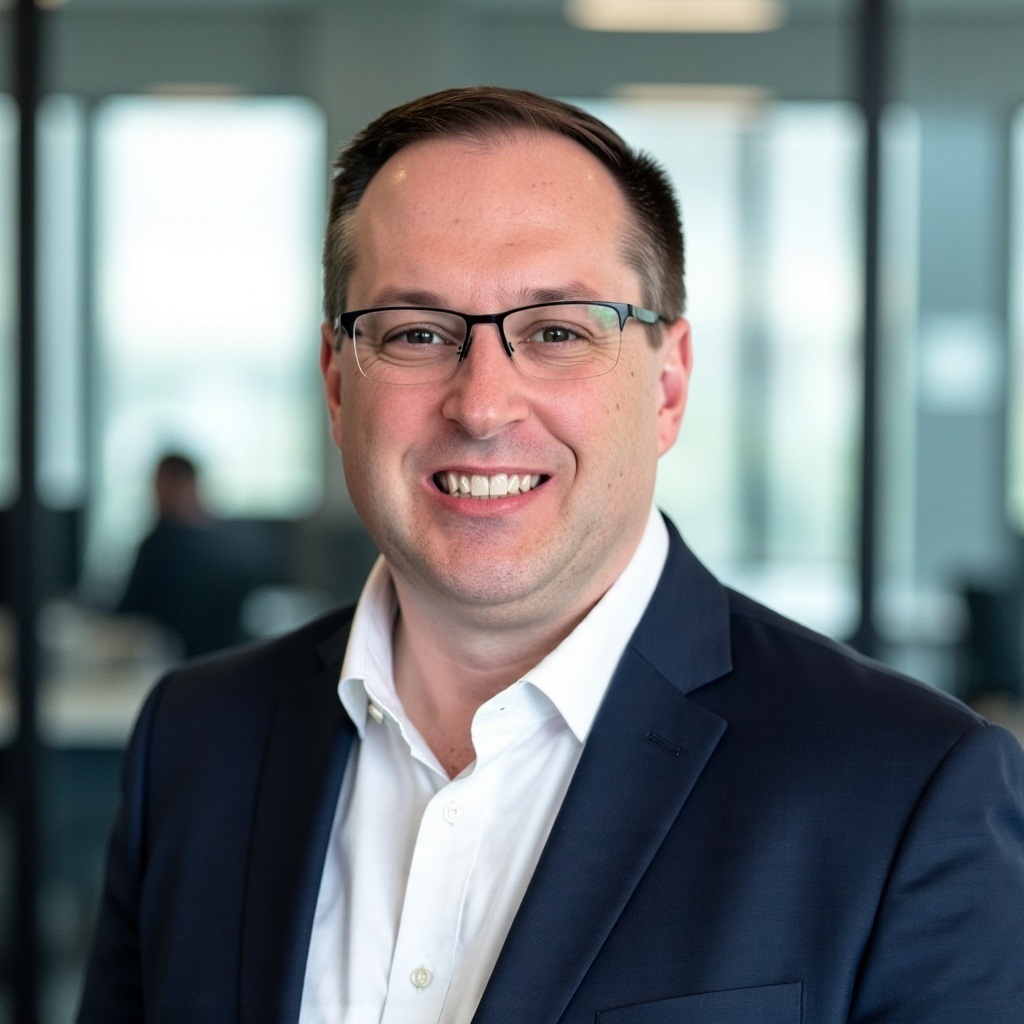 | Patrick Finn, Ph.D., is a passionate scientist specializing in rare disease research and drug development. Current position is Vice President of Rare Disease Research and Preclinical Development at Moderna in Cambridge, MA and interests are in rare disease and other inborn errors of metabolism. |
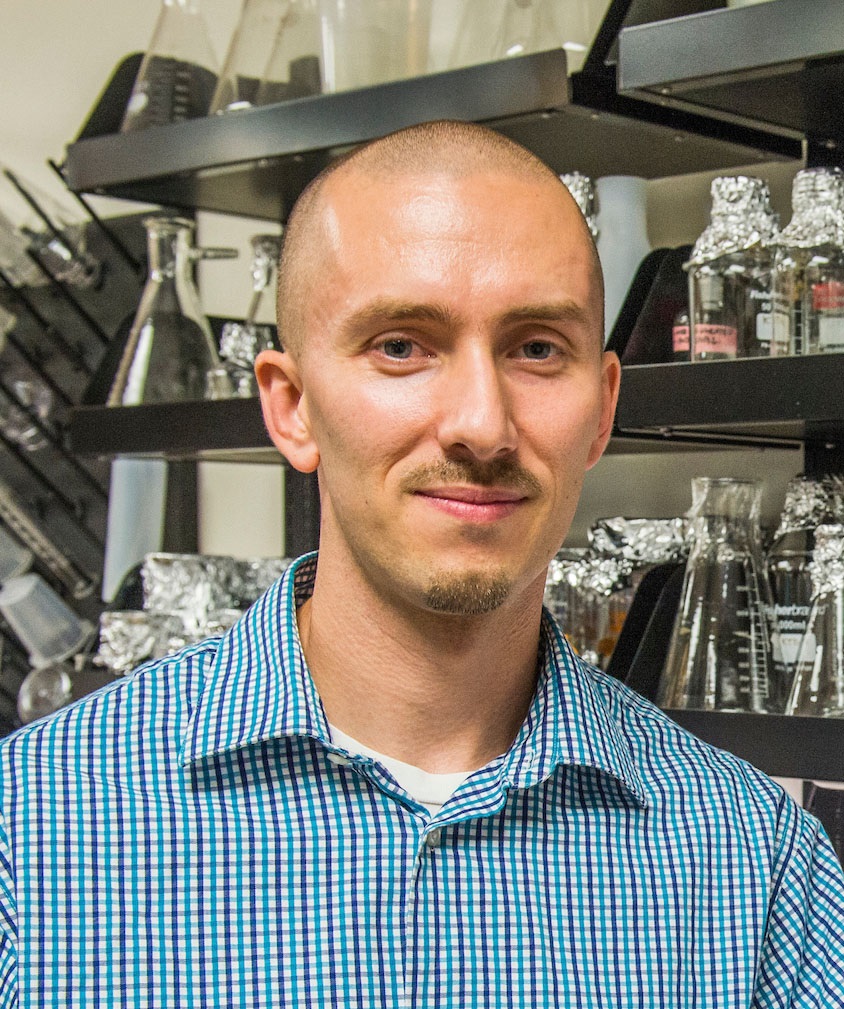 | Keith Gagnon, Ph.D., earned his PhD in Molecular and Structural Biochemistry from North Carolina State University under the direction of Dr. E. Stuart Maxwell and performed his postdoctoral training under Dr. David R. Corey at UT Southwestern Medical Center. Dr. Gagnon started his independent faculty position at the Southern Illinois University School of Medicine in 2014, with a joint appointment in Chemistry, and relocated his laboratory to Wake Forest University School of Medicine in 2023.The common theme of Dr. Gagnon’s laboratory is RNA in human biology, disease, and therapeutics. Project areas include molecular disease mechanisms and therapeutic discovery for genetic repeat expansion disorders, synthetic biology and chemical modification to engineer and control CRISPR-Cas enzymes, development of new RNA-based therapeutic platform technologies, viral genomics and epitranscriptomics, and fundamental mechanisms in RNA biology. Dr. Gagnon is a scientific cofounder of Iris Medicine and an active member of the Oligonucleotide Therapeutics Society (OTS) and RNA Society. |
| Andrew Geall, Ph.D., is the co-founder and Chief Development Officer at Replicate Bioscience, a San Diego based clinical-stage company pioneering novel self-replicating RNA (srRNA) technology for applications across infectious disease, immunology, and other therapeutic areas. He started his career in RNA vaccine in 2008, when he initiated and lead the self-amplifying RNA vaccines program at Novartis Vaccines. His clinical interest are in infectious disease, Replicate Bio just completed its 1st phase 1 clinical trail with a rabies vaccines and the data was published in Jan 2025 in Nature Communications. |
| Alper Kucukural, Ph.D. is an Associate Professor at UMass Chan Medical School and a bioinformatician shaping the future of computational biology. He also serves as the Chief Technology Officer (CTO) of Via Scientific, where he leads efforts to accelerate scientific discovery through the development of Via Foundry, a cutting-edge platform trusted by thousands of scientists to streamline biological research. With expertise in creating intuitive user interfaces for biological data analysis and processing, as well as integrating machine learning algorithms and AI, Kucukural is dedicated to making advanced bioinformatics tools accessible to all scientists. Via Foundry is transforming how scientific teams conduct research by unifying the entire bioinformatics workflow into a single, reproducible platform. Researchers can seamlessly ingest data, track metadata, manage and execute computational pipelines, and interrogate results interactively—all within an integrated system designed for transparency and collaboration. By centralizing these essential components, Foundry ensures that scientific methods remain reproducible, data-driven decisions are more reliable, and institutional knowledge is preserved for future research. Dr. Kucukural’s academic foundation spans Mathematics, Systems Analysis, and Biological Sciences and Bioengineering. His work at UMass Chan Medical School and Via Scientific continues to revolutionize how researchers analyze and interpret biological data, fostering innovation across academia and industry. |
| Marlen Lauffer, M.D., is a senior researcher at the Dutch Center for RNA Therapeutics where she is responsible for identifying suitable candidates for individualized ASO treatments and overseeing the practical work at the lab in Leiden. She was trained as a medical doctor and human geneticist in Germany, Switzerland, Australia, and the UK. Marlen has been working on rare neurogenetic disorders for the past decade and has a special interest in neurodevelopmental disorders and neurodegenerative disorders in children. She is member of multiple international consortia working on individualized genetic therapy development and leading an international working group on patient identification with the N=1 Collaborative. |
| Jeff Milton, is Co-Founder and CTO of La Jolla Labs, a company developing technology for RNA therapeutics. Prior to this Jeff was Head of Data Sciences at Arcturus Therapeutics where he worked on several rare disease programs including both RNA-targeting and mRNA modalities. Jeff served as Director of Functional Genomics and Drug Discovery at Ionis Pharmaceuticals where he led teams in bioinformatics and screening software. Prior to this he worked in the Bioinformatics Department at Genentech. Jeff currently serves as an advisor to his alma mater, the Mellon College of Science at Carnegie Mellon University. |
| Jay Parrish Ph.D., is a Venture Partner at ARCH Venture Partners and Chairman and CEO of Pretzel Therapeutics, a company focused on developing first-in-class therapeutics addressing mitochondrial dysfunction, as well as board member and advisor to several companies worldwide. Dr. Parrish is an accomplished scientist who began his career at Gilead Sciences, Inc. in the Medicinal Chemistry group where his research focused on the discovery of small molecule anti-virals for the treatment of HIV, hepatitis C, and respiratory syncytial viruses. In this role, he was involved with several successful discovery campaigns, including being a co-inventor of ledipasvir (Harvoni®), approved as a cure for hepatitis C genotypes 1, 4–6, and remdesivir (Veklury®), approved for COVID-19. Dr. Parrish has authored over 25 peer-reviewed scientific publications and holds over 30 issued patents. Dr. Parrish holds a B.S. in Chemistry from Emory University and a Ph.D. in Synthetic Organic Chemistry from the University of South Florida. He completed a Postdoctoral Fellowship at the Scripps Research Institute and received an M.B.A. from U.C. Berkeley’s Haas School of Business. |
| Xiling Shen, Ph.D., is a Professor in GI Medical Oncology, Texas CPRIT Established Scholar, and Co-Director of the Colorectal Cancer Moonshot at MD Anderson Cancer Center. He is also Chief Scientific Officer at the Terasaki Institute for Biomedical Innovation. Previously, he served as the Director of the Woo Center for Big Data and Precision Health at Duke University. He earned his BS, MS, and PhD degrees from Stanford University and received the NSF Faculty Career Award at Cornell University. Dr. Shen has chaired the NCI Patient-Derived Model Consortium and the Tissue Engineering Collaborative. As the founder of several biotech startups, he has secured over $100 million in venture funding, translating technologies into clinical and drug discovery pipelines. His lab develops novel therapeutics for GI cancers using functional systems biology. |
Natalie Silver, M.D., is Staff at the Cleveland Clinic Head and Neck Institute and ss the Director of Head and Neck Cancer Research. She is Principal Investigator (PI) in the Center for Immunotherapy and Precision Immuno-Oncology at the Cleveland Clinic Lerner Research Institute and an Assistant Professor at Case Western Reserve University. Dr. Silver is a head and neck ablative surgical oncologist and completed a research and clinical fellowship at UT MD Anderson Cancer Center. Dr. Silver’s translational research program at Cleveland Clinic is focused on developing therapeutic personalized mRNA nano-vaccines for head and neck cancer patients and exploring the role of intra-tumoral bacteria in immunotherapy response. Her goal is to translate discoveries from the lab to the clinic to improve patient outcomes. Dr. Silver’s research laboratory is funded by the National Institutes of Health (NIH), American Cancer Society and several foundation awards. |
| Blanton Tolbert, Ph.D., leads HHMI’s Center for the Advancement of Science Leadership and Culture where he directs a portfolio of current and new programs at the undergraduate and graduate level, an initiative to better equip HHMI scientists to provide culturally aware mentorship, a curriculum to grow scientists’ skills to maintain inclusive environments, and activities to develop strategic equity-centered initiatives and partnerships. Tolbert is also a Professor of Biochemistry and Biophysics at University of Pennsylvania. The research in the Tolbert group focuses on the biochemical mechanisms by which RNA viruses replicate within the cellular environment. His group leverages their fundamental understanding of the molecular biology of these viruses to identify novel targets for therapeutic intervention. The team has collaborated with colleagues to develop compounds with the potential to delay or halt the replication of SARS-CoV-2 and EV-A71. |
Claes Wahlestedt, M.D., Ph.D., is Leonard M. Miller Professor and Director of the Center for Therapeutic Innovation at the University of Miami Miller School of Medicine where he also serves as Associate Dean for Therapeutic Innovation. A native of Sweden, Dr. Wahlestedt obtained his MD and PhD degrees from Lund University. Prior to joining the U. Miami, Dr. Wahlestedt was a founding Professor and a Director at The Scripps Research Institute’s Florida campus. Between 1997 and 2005 he directed the Genome Center at the Karolinska Institute (a joint venture with Pharmacia & Upjohn) where he was also an endowed Professor of Pharmacogenomics and Department Chair. He has also been a faculty member at Cornell University Medical College and at McGill University. At different stages in his career, he has directed large R&D organizations in the pharmaceutical industry for Astra-Zeneca or Pharmacia/Pfizer. In addition, he has founded several biotechnology companies including CuRNA (now with Camp4) and TheRNA. Dr. Wahlestedt has published over 300 peer-reviewed scientific publications (h-factor 110) and a number of patents. In the context of RNA-targeted therapeutics research, he has made several original contributions: 1) His team was the first to deliver antisense oligonucleotides to the living brain (Science 1993; Nature 1993 etc.); (2) he introduced the use of locked nucleic acids (LNA) in functional antisense and siRNA molecules (PNAS 2000; NAR 2005 etc.); and 3) he has discovered and targeted a wide variety of non-coding RNAs with oligonucleotides including the invention of AntagoNATs for gene up-regulation (Science 2005: Nature Rev Drug Disc 2013, 2023 etc.). |
Amy Williford, Ph.D., is the executive director of communications and donor relations at n-Lorem Foundation. Amy is a seasoned communications professional who is well versed in translating complex scientific concepts and ideas into concise and easy-to-understand concepts. A scientist by training, Amy supported multiple high-profile communications programs as the associate director of corporate communications at Ionis Pharmaceuticals. She also managed and built relationships with pharmaceutical partners, institutional investors and private shareholders. Prior to joining Ionis, Amy worked at a public relations agency, where she managed and led communications for a range of companies across the biotechnology industry, and built long-standing relationships with key media, investors and analysts. Amy received her Ph.D. in chemistry from The Scripps Research Institute, where she studied the selective binding of transcription factors to DNA. |
Ken Yamada, Ph.D., is currently an Assistant Professor in RNA Therapeutics Institute at UMass Chan Medical School (2021-current) and is investigating transformative novel chemistry platforms for opening difficult extra-hepatic tissues to oligonucleotide-therapeutics intervention. His exploration with Nucleic Acid Chemistry started when he was a PhD student in Prof. Mitsuo Sekine’s lab, where he cultivated his discipline as a nucleic acid and oligonucleotide chemist. After his career path led to a postdoctoral position in Prof. Masad Damha’s lab at McGill University (2012-2014) and an Assistant Professor position in Prof. Fumi Nagatsugi’s lab at Tohoku University (2014-2017), he joined Prof. Anastasia Khvorova’s lab to explore his potential as a chemist to contribute to the siRNA therapeutics field. In a dynamic collaborative scientific culture in RTI, he established several innovative chemistry platforms that surpass current state-of-art siRNA technology. His inventions generated multiple patents, part of those licensed out to top-leading biotech companies. |
| Phillip Zamore, Ph.D., is an American molecular biologist and biochemist who co-developed the first in vitro system for studying the mechanism of RNA interference (RNAi). His research has led to a career in biotechnology, co-founding Alnylam Pharmaceuticals, which is dedicated to bringing RNAi based therapies to market. Professor Zamore also co-founded another RNAi based company; Voyager Therapeutics, which focuses on developing therapeutics for neurodegenerative disorders. The Zamore lab seeks to understand the molecular mechanisms and biological functions of RNAi and related pathways in animals, including how small RNAs (microRNAs, small interfering RNAs, and PIWI-interacting RNAs) regulate gene expression and suppress transposons. |
Available Credit
- 14.00 Attendance
Please update your profile to let us know if you have dietary restrictions or access requirements.
To claim credit for livestream participation in this course, learners must view the content during the hours posted for the live activity. This course is not approved for on-demand delivery.
Commitment to Belonging and Inclusion
Mayo Clinic School of Continuous Professional Development (MCSCPD) strives to foster a learning environment in which all individuals are valued, allowing all to achieve their fullest potential.
Every effort will be made to accommodate dietary requirements; however, some requests may not be feasible based on venue kitchen capabilities. Attendees will be contacted in advance if a dietary restriction cannot be fulfilled.
The Mayo Clinic School of Continuous Professional Development strives for fully accessible learning experiences. If you anticipate any barriers while attending this course, please reach out to the course coordinator who will be in touch with all registrants. If you need disability-related accommodations, please contact the Office of Wellness and Academic Support – Disability Access Services at MCCMS.DS@mayo.edu.
Cancellation and Refund Policy
View Cancellation and Refund Policy
All requests must be submitted in writing using the Contact Us Form.
Any use of this site constitutes your agreement to the Terms and Conditions of Registration.

 Facebook
Facebook X
X LinkedIn
LinkedIn Forward
Forward
